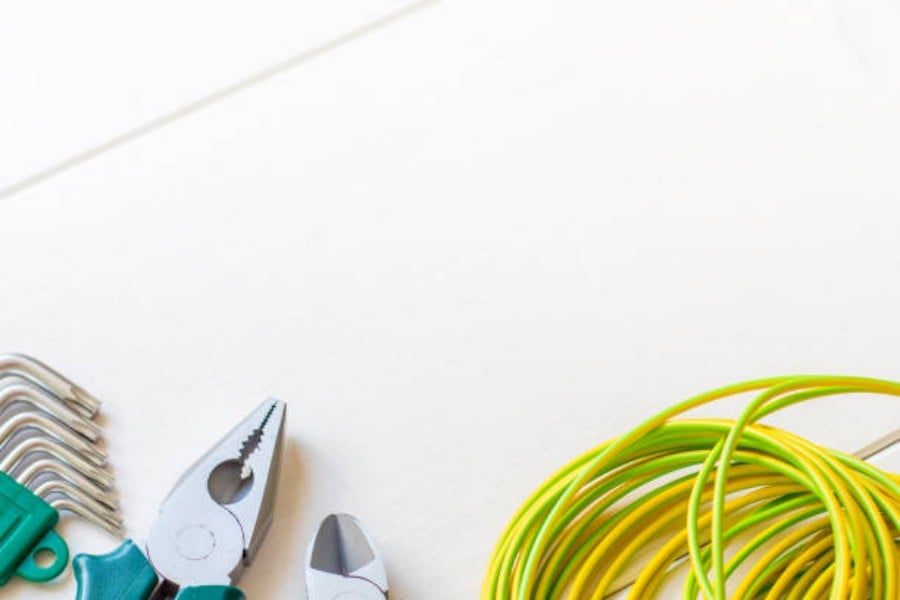solar panel lead: What You Need to Know
Solar energy has emerged as one of the most efficient and renewable sources of energy in recent years. It can be used to power homes, businesses, and even vehicles. Solar panels are essential for harnessing this energy and converting it into a usable form. Solar panel lead is the cable that connects the panel to the battery or inverter. In this article, we explore the different prospects of solar panel lead, including their significance, types, installation, and cost.
The Significance of Solar Panel Lead
Solar panel lead is a crucial component of any solar panel system. It is responsible for carrying the current generated by the panels to the charge controller, battery, or inverter. Without a proper cable, the energy produced by the panels would go unused. This would result in a shortfall of the energy needed for daily use, which defeats the purpose of installing a solar panel system in the first place.
The Types of Solar Panel Lead
There are two types of solar panel lead: single-core and multicore. Single-core cables consist of a single wire, whereas multicore cables consist of multiple wires. Multicore cables are more flexible and easier to install because they are thinner and have a higher strand count. They also have a lower resistance, which increases the efficiency of the solar panel system.
The Installation of Solar Panel Lead
The installation of solar panel lead involves connecting the panel to the battery, charge controller, or inverter. The cable is usually run from the panel to a mounting point on the roof or ground, and then down to the battery or inverter. It is essential to use an appropriate cable gauge for the length of the run and system voltage. Voltage drop can occur with long cable runs or if the cable gauge is too small. This can lead to a decrease in system performance and efficiency.
The Cost of Solar Panel Lead
The cost of solar panel lead depends on the cable gauge, length of the run, and type of cable. Single-core cables are less expensive than multicore cables because they are simpler to manufacture. The cost of multicore cables may increase with an increase in wire counts, which can affect the flexibility of the cable. The cost of solar panel lead should be factored into the total cost of a solar panel system. It is important to use a high-quality cable to ensure the system's longevity.
The Benefits of Solar Panel Lead
Solar panel lead provides several benefits to a solar panel system. It enables the system to function efficiently by ensuring that the current generated by the panels gets to where it needs to go. It also makes the system safer by preventing electrical shorts or fires. A well-designed and properly installed solar panel lead can increase the lifespan of the system and make it more reliable.
The Maintenance of Solar Panel Lead
Solar panel lead requires little to no maintenance. However, it is crucial to regularly inspect the cables for any signs of wear or damage. Exposure to sunlight, weather conditions, and rodents can cause damage to the cables, which can affect the performance of the system. Cleaning the panels and keeping the area around them free of debris, snow, and ice can also help maintain the cables.
The Efficiency of Solar Panel Lead
The efficiency of solar panel lead is essential for the system's overall efficiency. The resistance of the cable can cause energy loss or voltage drop, which can reduce the performance of the system. Using the appropriate cable gauge, length, and type can reduce the resistance and ensure that the current flows efficiently. Multicore cables are more efficient than single-core cables because they have a larger surface area and a lower resistance.
The Importance of Proper Sizing of Solar Panel Lead
The proper sizing of solar panel lead is crucial for the system's efficiency and longevity. Using an inadequate cable gauge or length can lead to energy loss, voltage drop, and safety issues. It is essential to calculate the maximum current and voltage expected in the system and choose the appropriate cable gauge and length. Oversizing the cable can also lead to an unnecessary increase in the cost of the system.
The Conclusion
Solar panel lead is a vital component of any solar panel system. It connects the panels to the rest of the system and ensures efficient energy flow. Multicore cables are more flexible and have a lower resistance than single-core cables. Proper sizing and installation of the cables are essential for the system's efficiency, safety, and longevity. The cost of solar panel lead should be factored into the total cost of the system. Regular inspection and maintenance of the cables can prolong the system's lifespan and prevent any safety issues.

